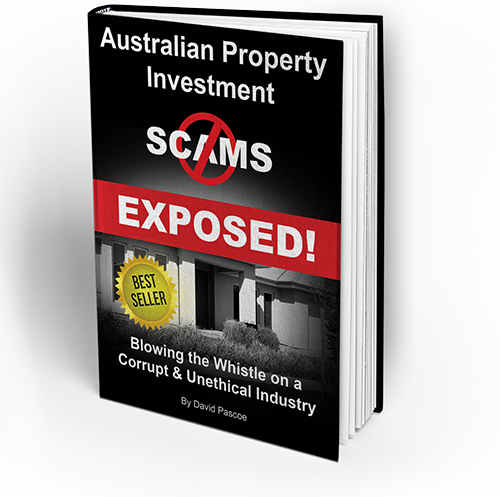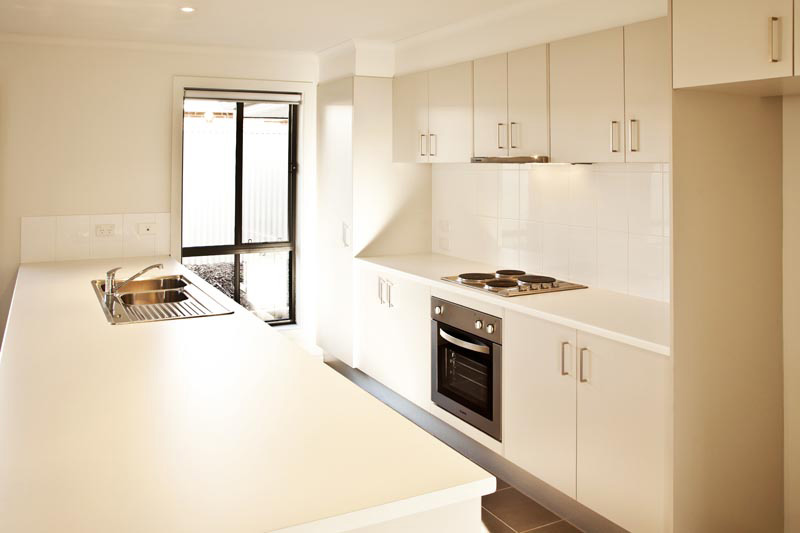Invest in property with a suitable plan
Choosing to invest in property is a decision that should not be taken lightly and requires a lot of prior thought and planning. The process in itself is life changing for most new investors and can completely change how you live your life.
Owning an investment property has many benefits and can improve your wealth over time but throughout the lifetime of your investment there will be added pressures and challenges that might make or break you.
I believe a suitable Property Investment Plan is the key to reducing such challenges and pressures while also ensuring the success of your investment.
So your next question might be; what could be a suitable plan for me to consider before I invest in property?
The truth be told there is no easy answer to this question. Your plan will need to reflect your current/future needs and aspirations and is completely personal.
Here is a list of some of the things that I think should be considered and carefully planned prior to investing:
You finances
- How much can I pay?
- Do I need a loan or should I use my own savings?
- Do I need to have tenants and how long can I service my property in the case of no rental return?
- Should I get wage insurance?
- What hidden costs may come about and how can I manage them?
Type of property/location
- What do I want?
- Where do I want to invest?
- Will I move in and make it my principal place of residence after a certain amount of time or sell it off sooner or later?
- Do I want high rental yield or do I want higher property growth?
- Am I happier with higher growth on property value?
- Do I want my investment positive or negatively geared?
Current lifestyle and future lifestyle
- Do I want to travel more and will I still be able it afford it?
- Do I need to employ professionals (accountants/property managers, etc.) or will I look after everything myself?
- Do I have time to manage my investment?
On the whole there is a lot to think about when investing. I’ve found planning ahead in general reduces my stress and gives me a clear view of what I need to do. It helps me stay motivated and places me in a position of power, where I decide, what I want and how I want to do it. You don’t need to plan every contingency but I think it’s critical that some form of plan is put in place before investing or making any major change to your life.



